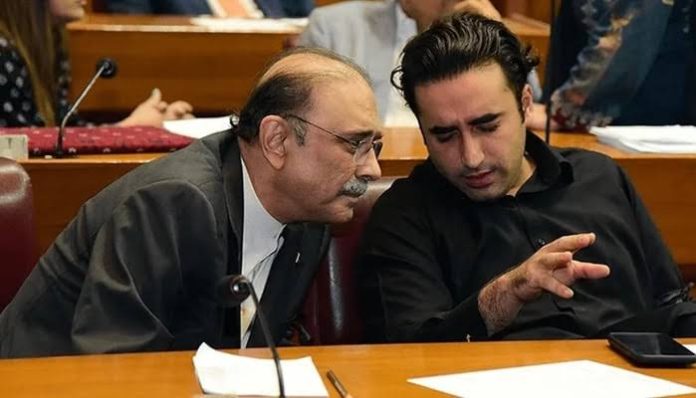The reported developments between the Pakistan Muslim League-Nawaz (PML-N) and the Pakistan People’s Party (PPP) signal a potential shift in Pakistan’s political landscape. The exchange between Shehbaz Sharif and his party members suggests a complex negotiation process aimed at forming a coalition government.
The proposition of Asif Zardari, the former president and prominent figure within the PPP, requesting the prime ministerial position for his son, Bilawal Bhutto Zardari, reflects the dynastic nature of Pakistani politics, where familial ties often play a crucial role. This request, if true, underscores the PPP’s desire to maintain its influence and leadership within the political arena, despite recent electoral setbacks.
The willingness of the PPP to form a coalition government with the PML-N, as long as Bilawal Bhutto Zardari is appointed as Prime Minister, indicates a strategic alliance to consolidate power and possibly counterbalance other political forces in the country. This move could be driven by a shared agenda or the need for mutual support in navigating Pakistan’s complex political landscape.
Moreover, Zardari’s proposal to support the PML-N in forming a government in Punjab in exchange for the prime ministerial position for Bilawal highlights the intricacies of coalition politics and the importance of regional power dynamics. Punjab, being the most populous and politically significant province in Pakistan, holds considerable sway in national politics, making alliances in this region crucial for political parties aspiring for federal power.
These reported developments suggest a calculated maneuvering by the PML-N and the PPP to consolidate their positions and potentially shape the future trajectory of Pakistani politics. However, the veracity of these reports and the eventual outcomes of these negotiations remain to be seen.


